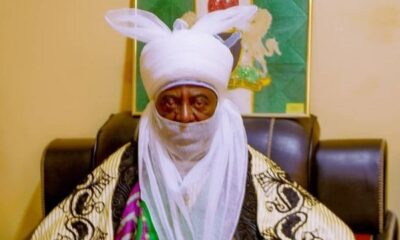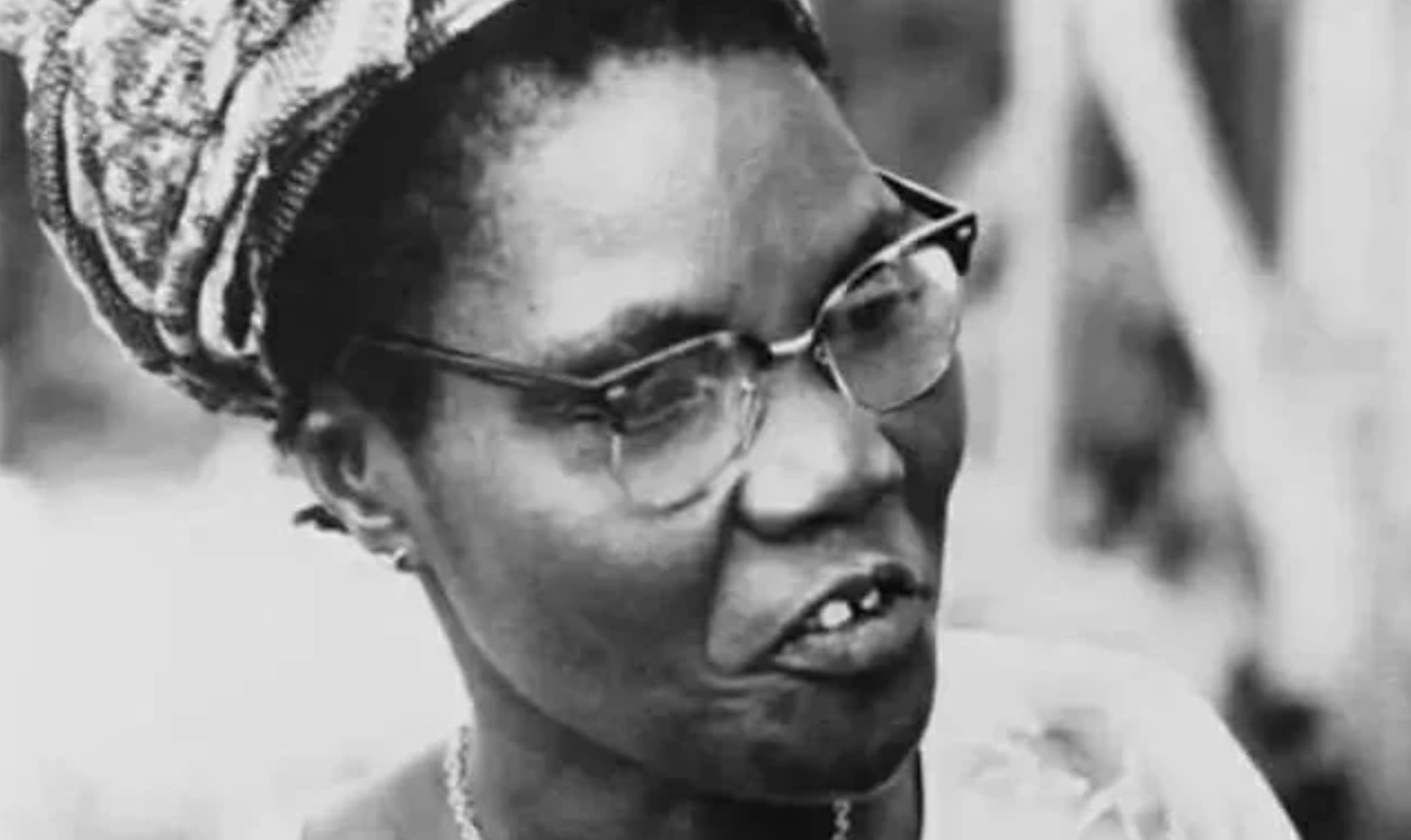METRO
See The First Nigerian Woman To Drive A Car
-

 IN-THE-NEWS11 months ago
IN-THE-NEWS11 months agoCourt Orders Kano Govt To Pay N10m To Deposed Emir, Bayero, For Rights Violation
-

 METRO8 months ago
METRO8 months agoGravedigger stops a funeral and shouts: “OPEN THE COFFIN! You will find out the truth!”
-

 SPORTS10 months ago
SPORTS10 months agoMike Bryan Praises Taylor Fritz’s Mentality Ahead of Paris Olympic Games
-

 METRO10 months ago
METRO10 months agoThis Five Year Old Girl Was Scalped By A Go Kart, And Now Her Parents Are Warning Others
-

 IN-THE-NEWS11 months ago
IN-THE-NEWS11 months agoBlack Gas Attendant Pays For Woman’s Fuel Then One Week Later, He Gets A SURPRISING Reward! –
-

 METRO8 months ago
METRO8 months agoCouple welcomed their babies, ‘then the doctor uttered two words that tipped their world upside down’!
-
METRO10 months ago
An Black Doctor Was Humiliated By the Police in a Restaurant, But They Found Out who His Brother Was –
-

 SPORTS10 months ago
SPORTS10 months agoThe Lions Take on French Powerhouse Racing Strasbourg with World Champion Coach Vieira on the Sidelines




